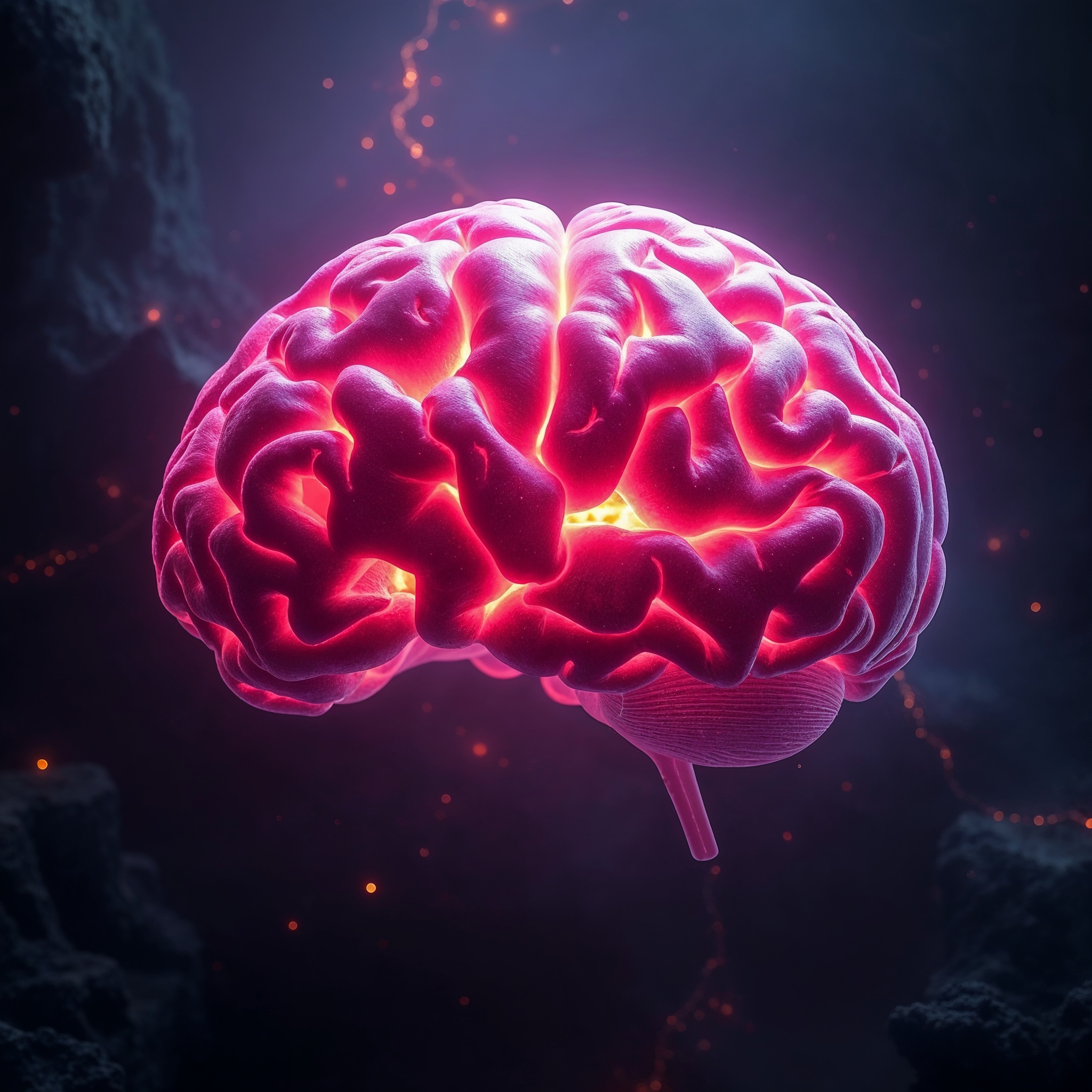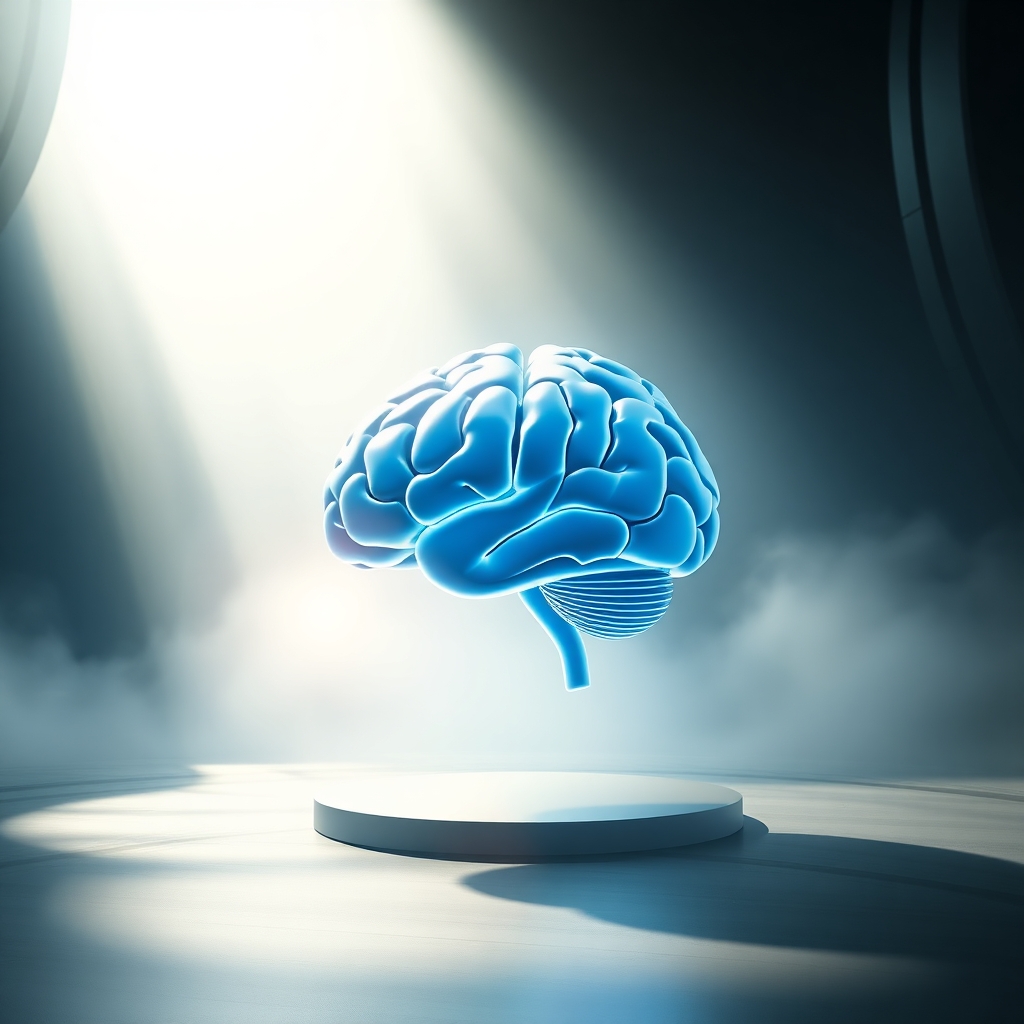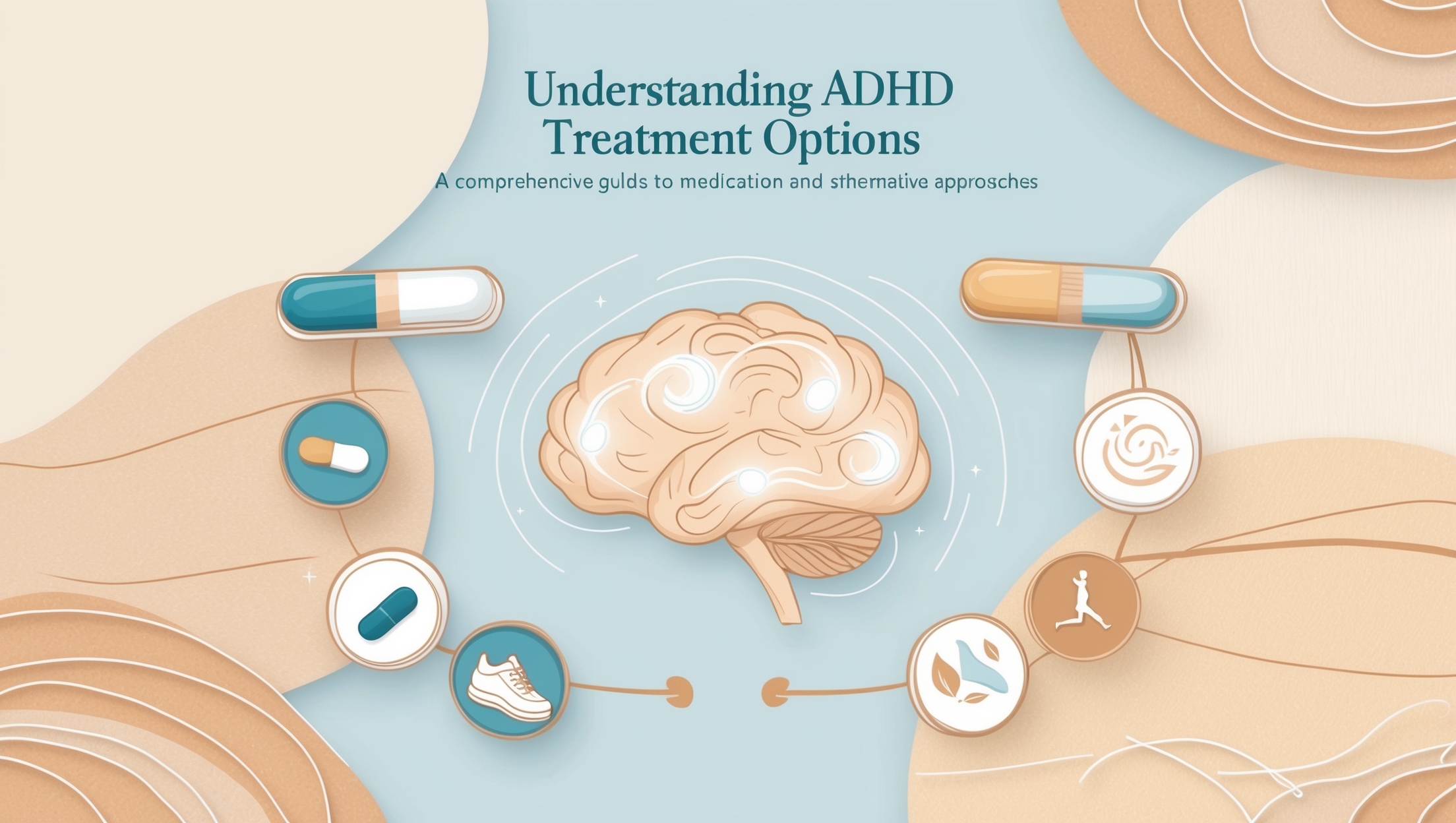ADHD and Anxiety: Understanding the Complex Relationship (English & Ukranian)
Living with both ADHD and anxiety can significantly impact daily functioning, academic/career performance, and social relationships beyond the effects of either condition alone. Proper identification of this comorbidity leads to more targeted treatment approaches, preventing misdiagnosis and ineffective interventions. The prevalence of this dual diagnosis—affecting up to 50% of individuals with ADHD—makes understanding their interaction crucial for clinicians, educators, families, and those personally affected.










